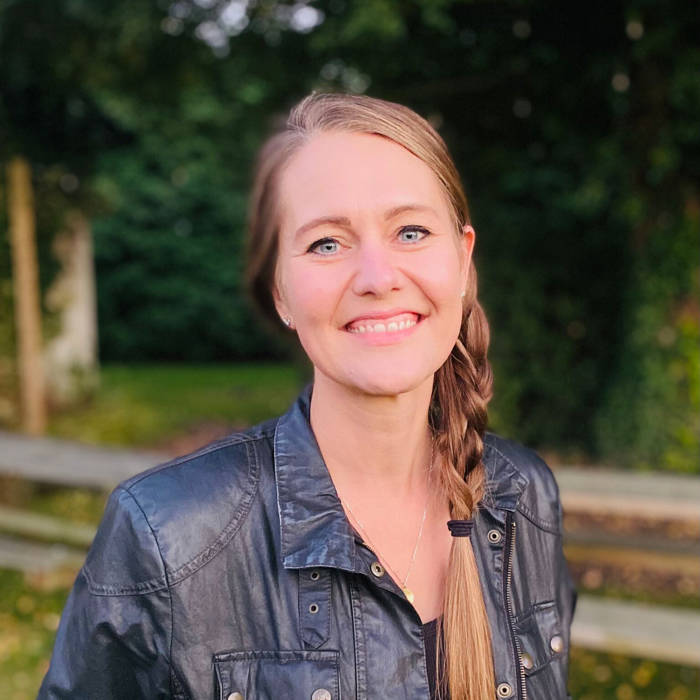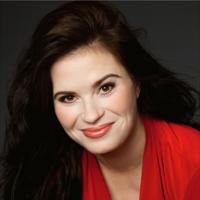A Critical Overview of Perceptual Motor Learning: Coaching Implications
Wednesday 23rd April 2025, 12:00 PM - 2:00 PM (London Time)
Perceptual motor learning (PML) theory is characterised by the convergence of perception and action. PML focuses on how we teach, not what we teach, in order to optimise learning and ultimately, performance.
This short course will outline strategies for teaching and coaching with both long- and short-term goals in mind. These strategies have been adapted for the voice from motor learning theory and the Alexander Technique.
Specific topics discussed will include:
- How we learn: A quick overview
- Relevance of motivation
- Optimising practice strategies
- Perception and sensory feedback
- Tactics to interrupt and break injurious habits
- Developing customised practice guidelines
- Locus of attention
- Intrinsic and extrinsic feedback
- Matching extrinsic feedback to students’ level and goals
- Coaching modifications preceding performance
- Relevance of the Alexander Technique
Expert-level performance strategies discussed will include automaticity and attentional flexibility.
The goal of this course is to provide adaptive guidance for effective learning that includes PML research, coach or teacher expertise, and the viewpoint of the student.
🏷️ Price £30 (UK VAT inclusive)
🎥 Recording automatically sent to all who book (even if you cannot attend live)
▶️ Rewatch as many times as you like
📜 Certificate of attendance available
Michele Capalbo
Michele Capalbo is a performer, adjudicator, lecturer, teacher and researcher. A Canadian singer with over two decades of international performance experience in opera and concert, her specialty is the music of Verdi and Puccini.

Attend this course for as little as £22 as part of the Voice Professional Training CPD Award Scheme.
Learn MoreSorry, this is an archived short course...
We have plenty of upcoming short courses coming soon. See details of some of them below or look at the full list of short courses.

Monday 7th July 2025
2:00 PM - 4:00 PM
Tuesday 8th July 2025
2:00 PM - 4:00 PM
Wednesday 9th July 2025
2:00 PM - 4:00 PM
Friday 11th July 2025
2:00 PM - 4:00 PM
Monday 14th July 2025
2:00 PM - 4:00 PM
Tuesday 15th July 2025
2:00 PM - 4:00 PM
Wednesday 16th July 2025
2:00 PM - 4:00 PM
Friday 18th July 2025
2:00 PM - 4:00 PM
(London Time)
Introduction to statistics and working with quantitative data for Voice Professionals: 8-Session Online Bootcamp

Dr David Cane
This certificated statistics course is ideal for individuals interested in laying a solid foundation in quantitative research methods. By focusing on essential statistical principles, you will be equipped with the tools to understand and apply quantitative research techniques effectively. Statistics is a crucial component of quantitative research; mastering it will enable you to grasp quantitative methods more confidently and precisely.


Tuesday 8th July 2025
12:00 PM - 2:00 PM
(London Time)
Oxygen Advantage for Vocal Educators • Empowering Vocalists Through Breath

Kate Cubley
Are you a singing teacher or trainee voice educator eager to expand your toolkit? Join Kate Cubley at Voice Study Centre for a dynamic 2-hour lecture exploring the role of functional breathing in supporting vocal performance, vocal health, and resilience—for both you and your students. This engaging session introduces the Oxygen Advantage® method: a science-backed approach to breathing that can transform how you teach, coach, and care for the voice.


Wednesday 9th July 2025
2:00 PM - 4:00 PM
(London Time)
Accents in Musical Theatre Singing!

Colton Weiss
Colton Weiss (he/they) is a professional dialect coach, actor, and lecturer (Ohio State Univ.) based out of Columbus, Ohio. With the continued popularity and development of productions that call for more demanding voice, speech, and accent work, dialect coaches, music directors, and actors must collaborate across jobs. Inspired from the text, Voice and Speech for Musical Theatre by Chris Palmer, and ongoing production experience, this presentation by Colton explores the intersections of accent work, and the musical skills needed for actors to perform in Musical Theatre.
